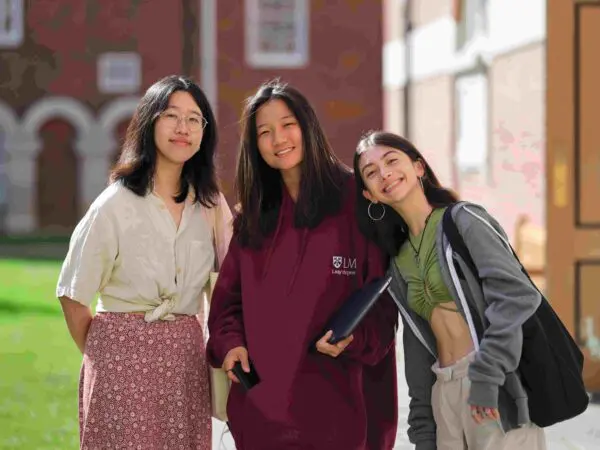
Oxford, United Kingdom
The Moral Life of the Law
When:
20 July - 07 August 2026
Credits:
7.5 EC
Read more
Law
When:
19 June - 21 June 2023
School:
Summer School of the University of Lausanne
Institution:
University of Lausanne
City:
Country:
Language:
French
Credits:
0 EC

This theme, which questions the foundations of democracy, but also the decision-making processes in environmental or climate matters, will be approached in an interdisciplinary manner by opening up a large part to social and political sciences and will deal more particularly with the following three aspects:
● Forms and processes of environmental democracy: the aim is to examine the changes in the functioning of democratic systems (separation of powers, participation of civil society, training of elected representatives, role of experts and scientists, place of lobbies, etc.). The focus will be on the Swiss and French democracies and local experiences (Citizen's Climate Convention of the Grenoble-Alpes Metropolis, multiplication of popular initiatives in Switzerland, intensification of citizen consultation in the Lyon Metropolis), by contextualising the changes observed in the light of foreign experiences.
● Environmental justice and ethics: the decisions taken - or on the contrary avoided - in the various public policies on the environment show great inequalities in the burdens or protection of the population, but also generate irreversible damage to the natural bases of life. Among the questions that arise are those of the principles applicable to the distribution of burdens, those of compensation for the sacrifices or risks suffered by a part of the population, but also those of the mechanisms for establishing rights or restrictions in a society where everyone uses resources and pollutes to varying degrees.
● Effectiveness and acceptability of measures to counter environmental degradation and/or climate change: The effectiveness of the law is an iterative process from the text of the norm to its application, which may involve several stages (setting objectives, determining means and measures, etc.) at the end of which the result obtained may not correspond to the one initially aimed for. A rule must also be known and understood in order to be respected and implemented. How can legislators or policy makers make social efforts acceptable? How do these processes allow for democratic control through public policy evaluation procedures? Should other means be considered?
- Véronique Boillet, Université de Lausanne - Anne-Christine Favre, Université de Lausanne - Sabine Lavorel , Université Grenoble Alpes - Isabelle Michallet , Université Lyon 3
The summer school is open to doctoral students working on the specific theme of the summer school, or more broadly on related or associated themes. The application (in French) must include a one-page summary of the research project and a one-page academic CV.
The Summer University will take place on 19, 20 and 21 June 2023 at UNIL, over three full days:
● The three mornings will be devoted to scientific presentations in plenary sessions.
● Two afternoons will be devoted to doctoral sessions: each afternoon, students will present their thesis topic and the progress of their research. These presentations will be followed by in-depth discussions with the group.
● One afternoon will be dedicated to 2 or 3 parallel workshops aimed at tackling questions put forward by practitioners in the field (lawyers, magistrates, notaries, insurers, elected representatives, local politicians, public officials, associations, company lawyers, etc.).
When:
19 June - 21 June 2023
School:
Summer School of the University of Lausanne
Institution:
University of Lausanne
Language:
French
Credits:
0 EC

Oxford, United Kingdom
When:
20 July - 07 August 2026
Credits:
7.5 EC
Read more

Antwerp, Belgium
When:
24 August - 28 August 2026
Credits:
3 EC
Read more

Utrecht, Netherlands
When:
20 July - 31 July 2026
Credits:
3 EC
Read more